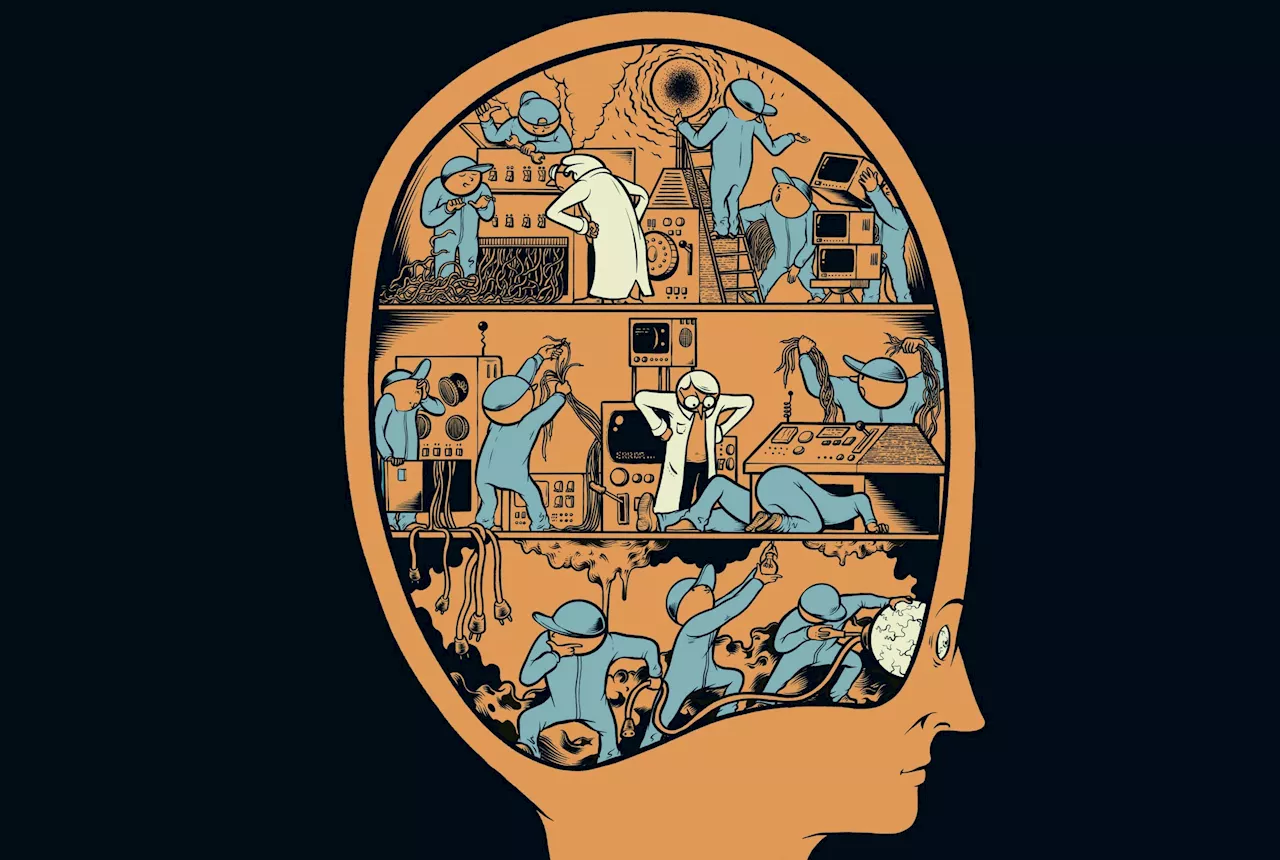The brain's microglia fight invaders, clear debris and tend neural connections, but sometimes they go rogue. Preventing this malfunction may offer new treatments for Alzheimer's
As you read this sentence, an army of cells patrols your brain. These soldiers slip around neurons, using their gangly appendages to search for threats. If one of them detects a pathogen or injury, it springs into action. Swelling up and descending in a voracious attack, it releases chemicals that signal for its comrades to join the fight.
Known as microglia, these specialised immune cells are our brains’ premier defenders. They protect us from invaders, clear away debris and maintain connections between neurons to ensure the brain remains in peak condition. Yet, despite their vigilance, microglia can sometimes engage in friendly fire, with a growing body of evidence suggesting they may be the engineers behind some of the brain’s most intractable conditions, such as Alzheimer’s disease and depression. If that is the case, targeting our wayward defenders – or even replacing them with rejuvenated troops – may lead to exciting new therapies..
This turned out to be an ill-fitting description. Other than their splotchy appearance, microglia have few glue-like qualities. Instead, they are some of the most dynamic cells in the body, roaming the brain with spindly, tentacle-like projections that expand and retract in response to changes in their environment.
United States Latest News, United States Headlines
Similar News:You can also read news stories similar to this one that we have collected from other news sources.
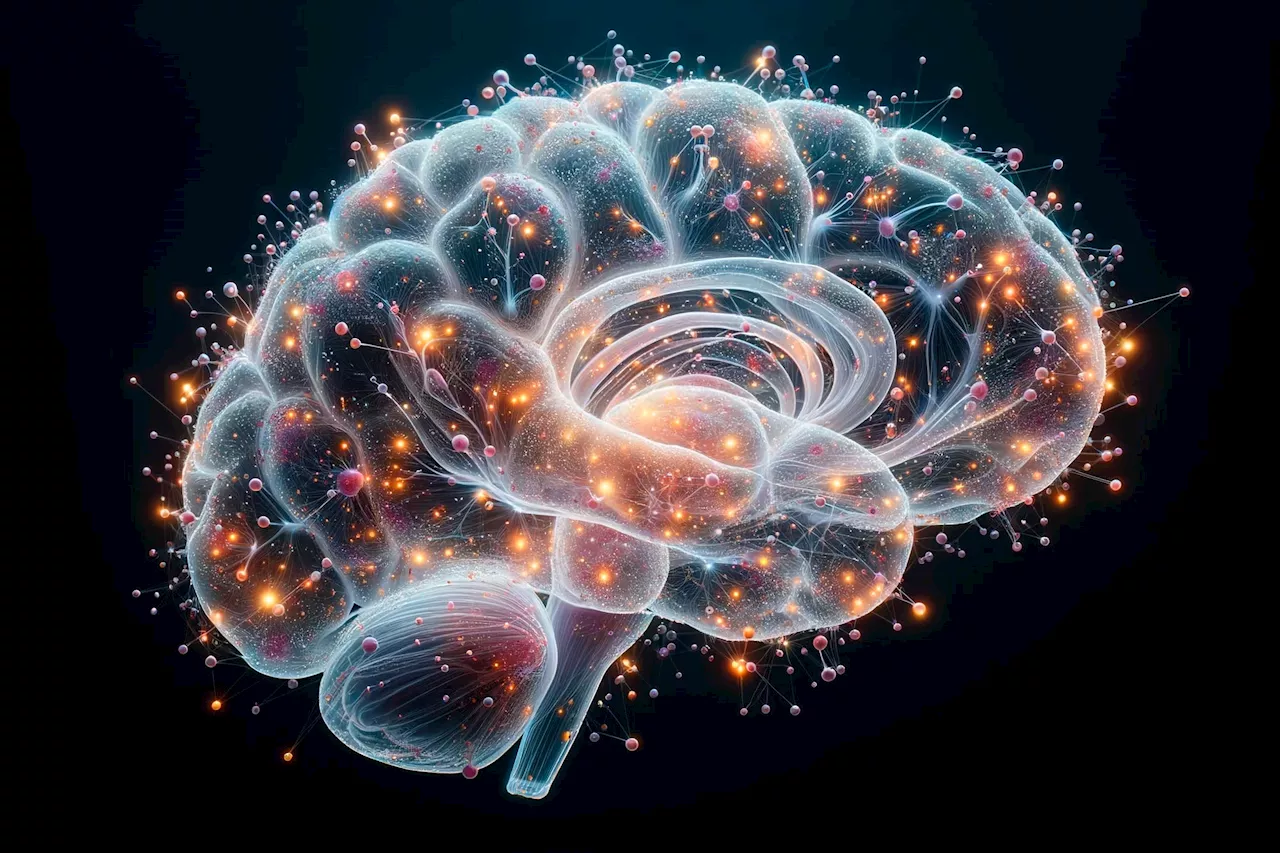 Unlocking Alzheimer’s Mysteries: Insights From Mapping 1.3 Million Brain CellsScience, Space and Technology News 2024
Unlocking Alzheimer’s Mysteries: Insights From Mapping 1.3 Million Brain CellsScience, Space and Technology News 2024
Read more »
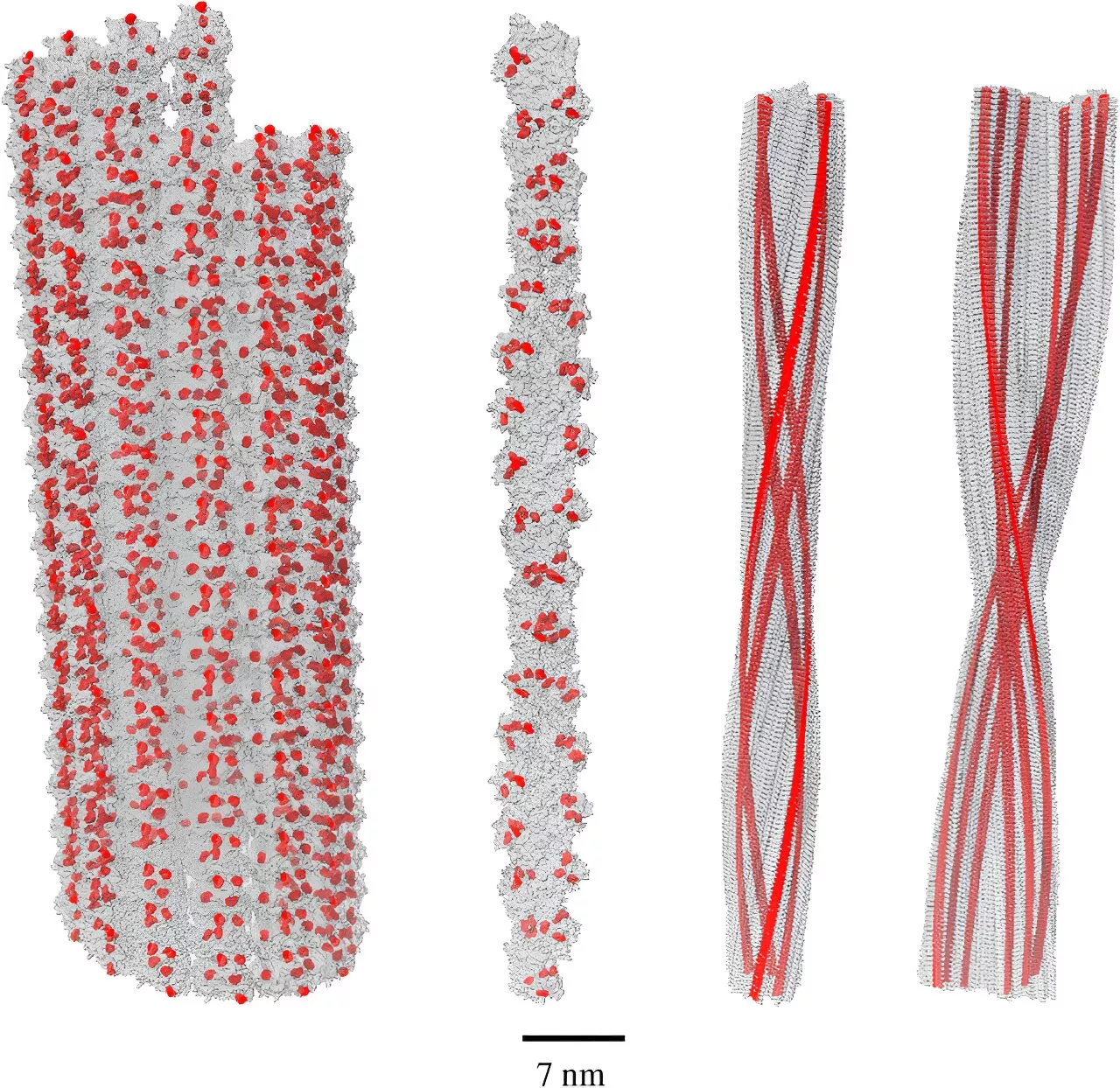 Quantum optical phenomenon in the brain challenges conventional view of amyloid in Alzheimer'sA unique quantum effect in biology could be the key to understanding a common marker of Alzheimer's, raising questions about current assumptions of the disease and informing the search for a cure.
Quantum optical phenomenon in the brain challenges conventional view of amyloid in Alzheimer'sA unique quantum effect in biology could be the key to understanding a common marker of Alzheimer's, raising questions about current assumptions of the disease and informing the search for a cure.
Read more »
 A cellular community in the brain drives Alzheimer's diseaseAnalysis of 1.6 million brain cells from older adults has captured the cellular changes that occur in Alzheimer's early stages, revealing potential new targets and routes for prevention.
A cellular community in the brain drives Alzheimer's diseaseAnalysis of 1.6 million brain cells from older adults has captured the cellular changes that occur in Alzheimer's early stages, revealing potential new targets and routes for prevention.
Read more »
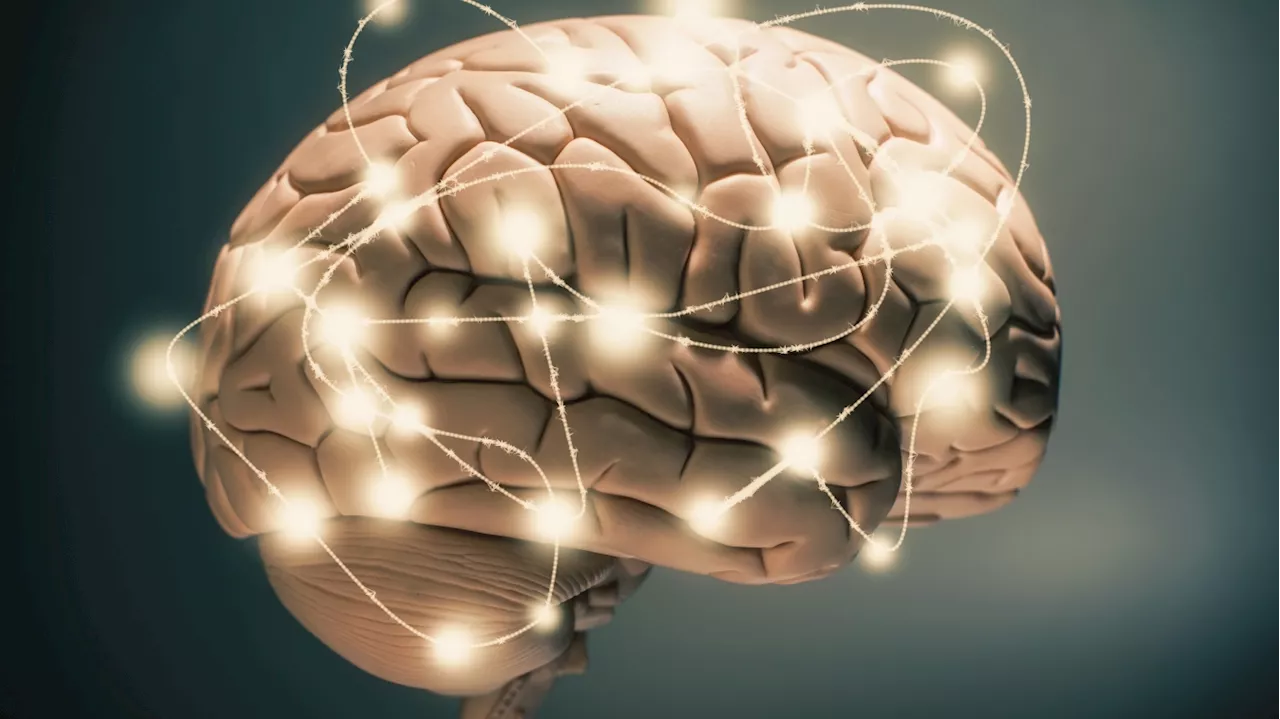 This metabolic brain boost revives memory in Alzheimer’s miceAn experimental cancer drug that helps the brain turn glucose into energy was able to reverse memory loss in a mouse model of Alzheimer’s disease.
This metabolic brain boost revives memory in Alzheimer’s miceAn experimental cancer drug that helps the brain turn glucose into energy was able to reverse memory loss in a mouse model of Alzheimer’s disease.
Read more »
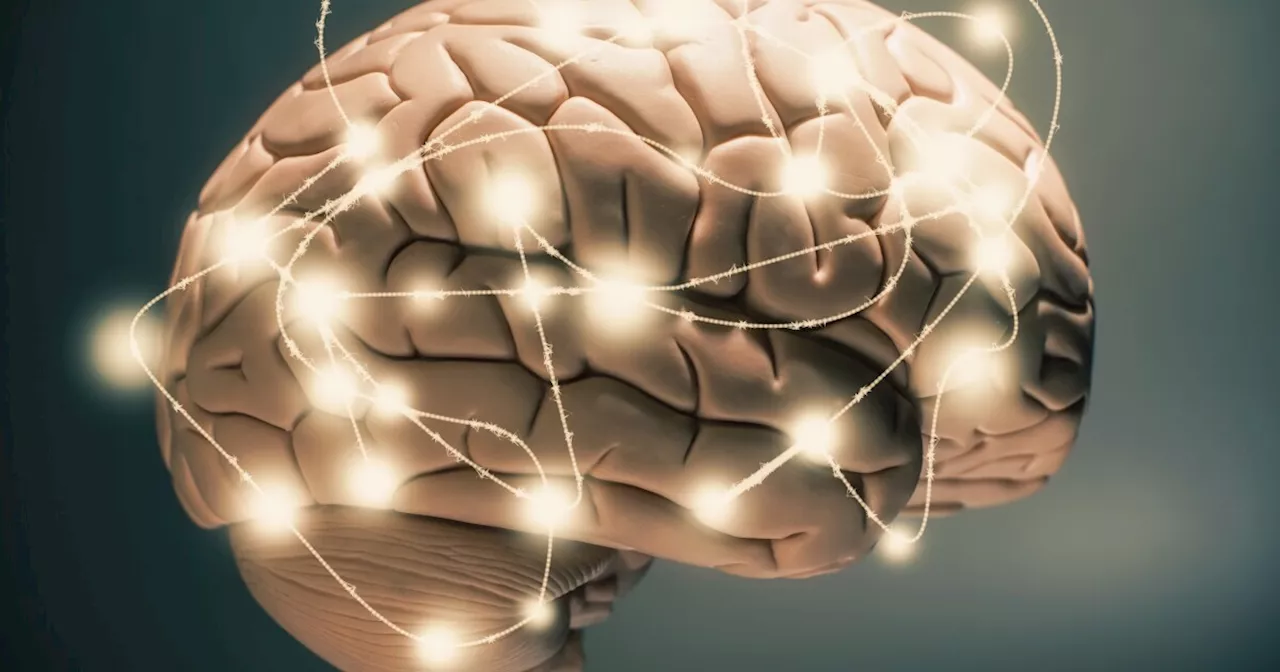 This metabolic brain boost revives memory in Alzheimer’s miceAn experimental cancer drug that helps the brain turn glucose into energy was able to reverse memory loss in a mouse model of Alzheimer’s disease.
This metabolic brain boost revives memory in Alzheimer’s miceAn experimental cancer drug that helps the brain turn glucose into energy was able to reverse memory loss in a mouse model of Alzheimer’s disease.
Read more »
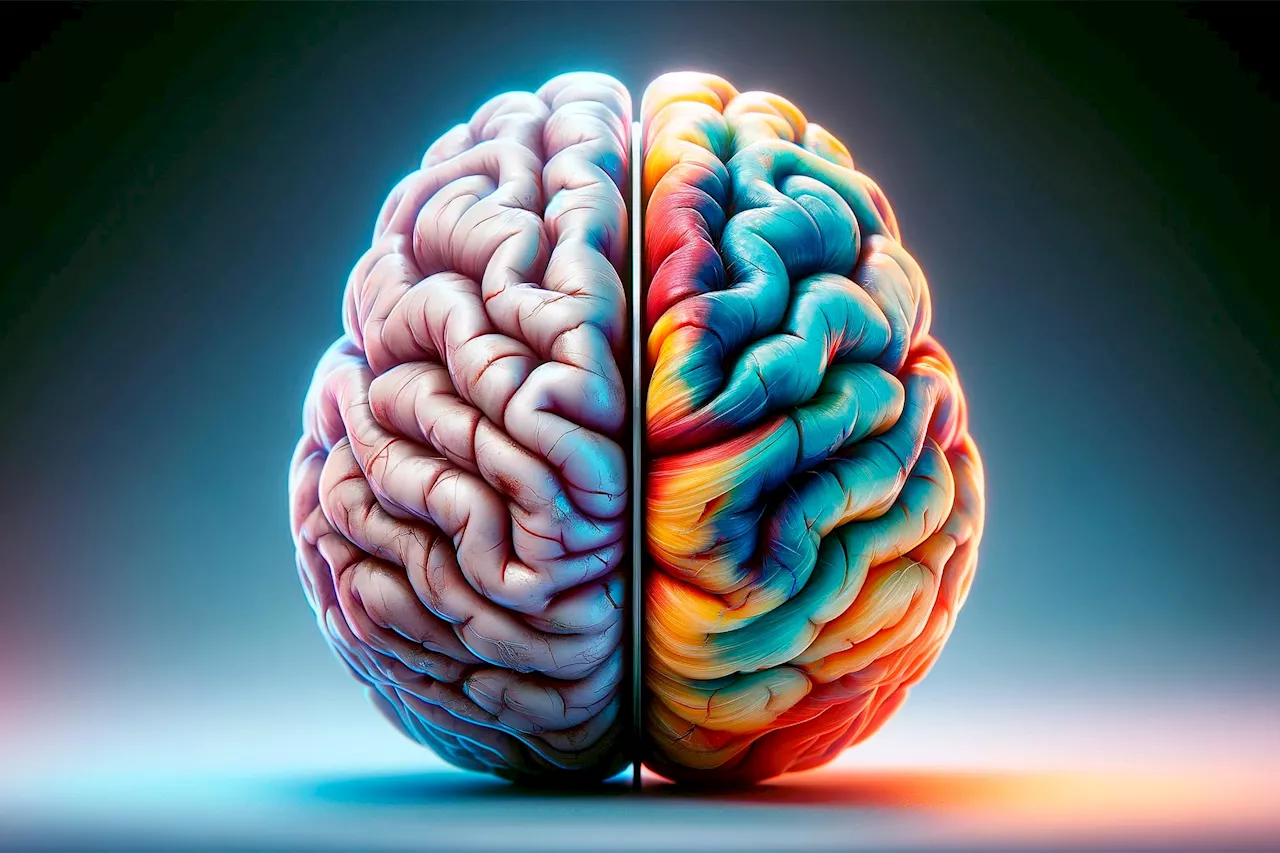 Melting Away Alzheimer’s: How Dopamine Dissolves Harmful Brain PlaquesScience, Space and Technology News 2024
Melting Away Alzheimer’s: How Dopamine Dissolves Harmful Brain PlaquesScience, Space and Technology News 2024
Read more »
